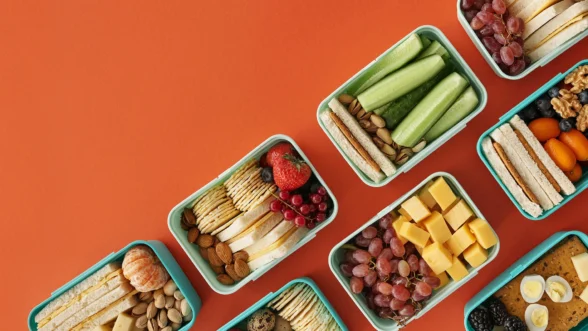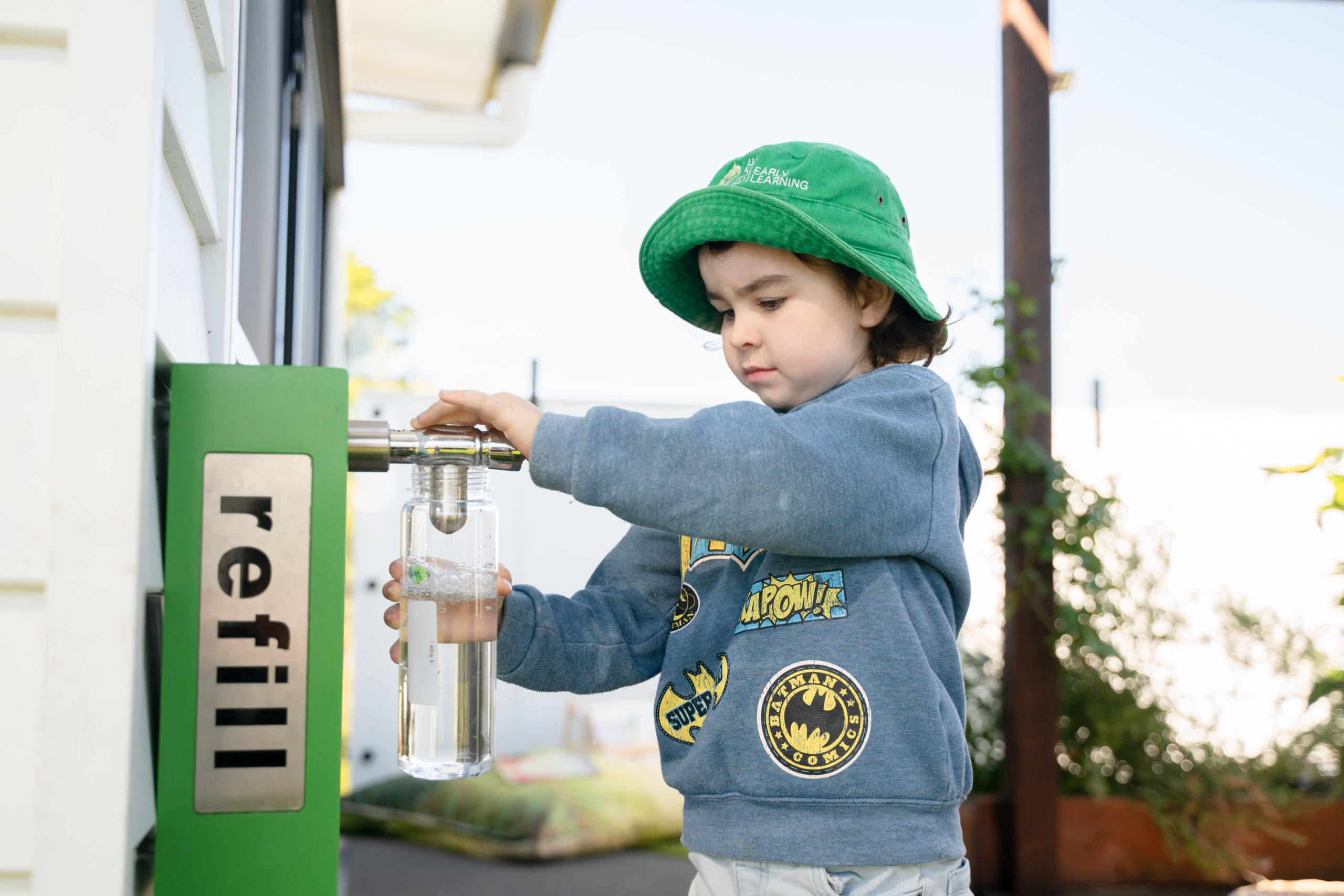
Nutrition
Nutrition
15 February, 2026

Our children are doing a lot of growing. They’re constantly on the move, learning and communicating, and they need to stay hydrated as a result. But getting your children to drink water can be harder than you may think.
It’s strange to think that there was a time before you’d tasted water, but there probably was. Experts tell us that water is not suitable for babies younger than six months old, simply because they don’t need it. Breast milk and formula provide both food and drink for babies – it’s all they need, even when it’s hot. Giving them water could mean they don’t get enough milk or formula, which is essential for them to grow properly.
Once your baby is around six months old, you may begin offering them small amounts of water. Be sure to boil and thoroughly cool any tap water before you give it to your little one, and don’t use it to replace milk or formula (experts say that should be their main source of substance until they’re about one). You can offer them tap water once they reach 12-months-old, or when they start eating solid foods. Giving them water with the latter can help prevent constipation.
Like adults, children should drink a fair amount of water to keep healthy each day. Experts recommend four cups for children aged one to three, five cups for children aged four to eight, and five to six cups for children aged nine to thirteen.
However, a more specific way to tell how much water your child should drink is by their weight. They should try to drink roughly 30mls for every kilogram.
We’re always being told to stay hydrated, but why is it important to drink water? Our bodies need water for many vital functions, including maintaining body temperature, producing certain fluids and keeping their energy up. So, what happens if you don’t drink enough water? Common symptoms of dehydration include:
It’s essential that your child drinks an appropriate amount of water to avoid dehydration – especially if they are sick. Remember that if your child complains of being very thirsty, they may already be dehydrated.
To encourage your child to drink more water, you may want to consider investing in a specific toddler water bottle. These kinds of water bottles are designed to be easy to hold for little fingers, and often include a straw for easy sipping.
You may also want to incorporate drinking water into your family’s daily routine. Having a glass of water before they brush their teeth or get dressed in the morning, and again before they go to bed (before using the toilet, of course) are just two examples. Also, making sure they drink water with each meal. Don’t forget to lead by example, too!